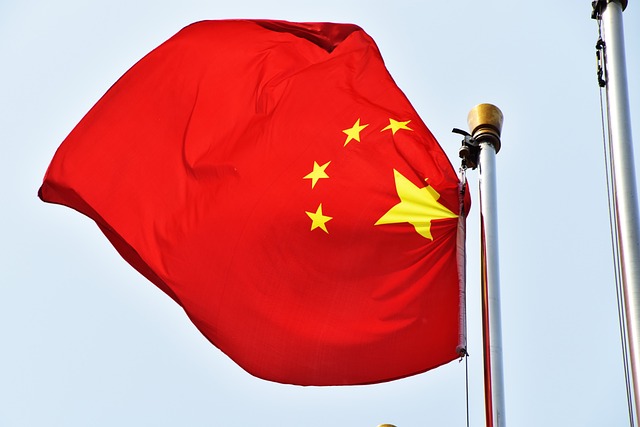China has officially removed all market access restrictions for foreign investors in its manufacturing sector, marking a significant step in the country’s economic liberalisation. This landmark decision took effect on Friday with the publication of a new national negative list for foreign investment, which now contains only 29 items that are off-limits to foreign participation.
The latest update scrapped the final two manufacturing-related restrictions from the previous list, underscoring China’s commitment to opening its doors wider to global investors. Notably, a similar negative list applied in the country’s free trade zones had already achieved zero restrictions in manufacturing back in 2021.
According to a research institute under the National Development and Reform Commission (NDRC), this new national negative list positions China as a leader in openness in the manufacturing sector, especially when compared to many developing nations that still impose restrictions, and even some developed economies that retain certain limits.
The manufacturing industry has historically been the first sector to open up to foreign investment in China, becoming a cornerstone of the country’s competitive edge in global industrial division. Since surpassing the United States in manufacturing value added in 2010, China has maintained its status as the world’s largest manufacturer for 14 consecutive years, accounting for approximately 30 percent of global manufacturing output in 2023.
In recent years, foreign investment in high-tech manufacturing has shown robust growth. In the first nine months of this year, sectors such as medical equipment and computer manufacturing experienced significant increases in foreign investment, with year-on-year rises of 57.3 percent and 29.2 percent, respectively.
Despite these advancements, Jin Zhuanglong, China’s Minister of Industry and Information Technology, noted that the country is at a critical juncture, transitioning from simply being a large manufacturing power to becoming a stronger one. He highlighted ongoing challenges in key technologies and basic industrial capacities that need addressing.
Source: dimsumdaily
Legal Notice: The information in this article is intended for information purposes only. It is not intended for professional information purposes specific to a person or an institution. Every institution has different requirements because of its own circumstances even though they bear a resemblance to each other. Consequently, it is your interest to consult on an expert before taking a decision based on information stated in this article and putting into practice. Neither Karen Audit nor related person or institutions are not responsible for any damages or losses that might occur in consequence of the use of the information in this article by private or formal, real or legal person and institutions.






